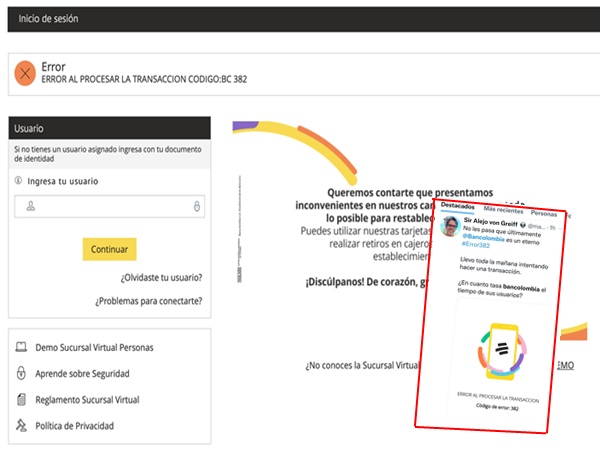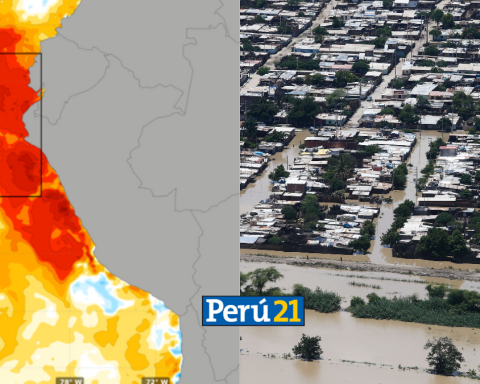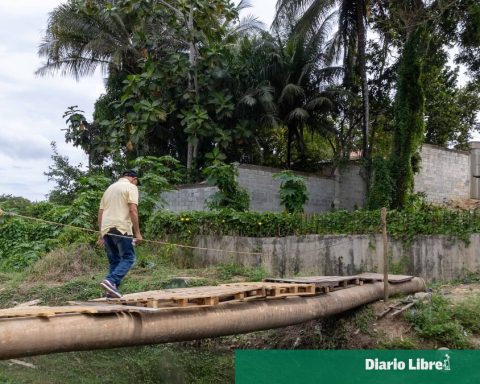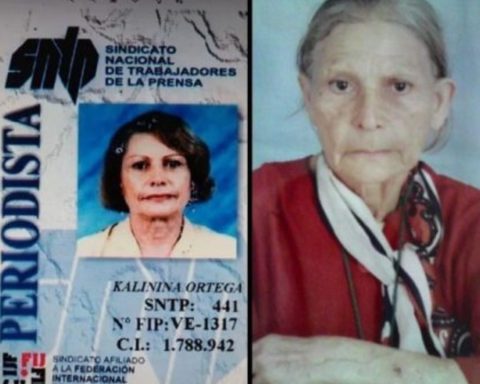
Last Friday, the Government received a bucket of cold water in the middle of the award of the lithium tender, after two protection appeals were received against the process, one before the Antofagasta Court of Appeals and the other before the Court of Appeals from Copiapo. This last court of appeal also issued an order not to innovate, which left the process suspended, until reviewing the merits of the appeal.
The Government has 10 days from that date to make its defenses, after which a process of arguments begins between the parties, on the basis of which the Court will make its decision. In the last few hours, the biminister of Energy and Mining, Juan Carlos Jobet, expressed confidence in the arguments that they will present and that, in his opinion, would allow them to resume the award process.
In interview with The counter, the governor of Atacama, Miguel Vargas – who filed the appeal before the Copiapino Court of Appeals – also expressed confidence in the solidity of the arguments that will be taken to the appeal court, which are also included in the appeal, referring to to vices and non-respect for constitutional rights, such as the powers of the governor and dialogue with communities.
Vargas questioned the transparency with which the Government has led this process, which he described as “not very prudent”, while emphasizing that in no case is this intended to affect Chile’s competitiveness in the lithium market, but rather to based on agreements and dialogue with the different sectors that could be affected by the exploitation of the mineral.
-What do you expect now in this process, after your appeal was approved?
-For us it is very positive since the court has accepted the appeal, has declared it admissible and has also issued an order not to innovate, which implies the paralysis of the entire lithium bidding process.
We hope that this judicial appeal will continue. A stage of pleadings is coming, we are going to argue what is already expressed in a good way in the same appeal, because we are convinced that the grounds are strong enough to request that this process be paralyzed, which we consider to have some vices, basically by fail to comply with constitutional provisions.
-As which?
-Specifically guarantees enshrined in the Constitution, such as equality before the law. For example, there is an administrative act that does not consider the powers of another public entity, such as the Regional Government, which is in charge of the superior administration of the region, in this case Atacama. There are powers that belong to the governor and, in this case, the principle of equality before the law guarantees that at least this other entity that may be affected must be consulted when a decision of this nature is made.
We also argue that, by persevering with this bidding process, environmental interests in the Atacama Region could be affected. We are talking about deposits that are in a protected area, from the natural and tourist point of view, which have an important value for the Atacama Region. We want to promote tourism, and exploitation without taking into account new technologies can put the high Andean ecosystems at risk.
And a third element that we also argue is the freedom to exercise different economic activities. If you persevere in an exploitation system that affects the natural environment, you can also put at risk the development of other activities, such as tourism. We are a mining region, but we cannot depend on this activity forever, we want to advance in a greater process of diversification and tourism appears as an important activity.
Those are the arguments, we believe they are weighty. What we are also saying here is that decisions of this nature must imply broad consensus, because we are talking about a resource that is protected, that belongs to all Chilean men and women, therefore, any definition of this nature hopefully contemplates the broadest participation possible, and that basically means taking into account the interests of the places where the deposits are located.
-Minister Jobet explained that this step in the bidding is just a first step, because it gives the possibility of exploring where to exploit, but that before this second step the companies must undergo a process of environmental evaluation and dialogue with the communities, when the place is already identified. Has the Government been clear in explaining the process?
-It must be remembered that Governor Ricardo Díaz also filed an appeal with the Comptroller. In their opinion, and ours, regional interests and the powers of regional governments are not considered. I believe that the process itself has not been very transparent. This is what happens when they are carried out very quickly, without much participation. In addition, the bidding process is quite clear: it is exploration and exploitation of lithium. What is not known is where.
There are several weaknesses in this process and one wonders why the rush, when everyone has said – science, experts in the field, professionals in the mining field – that in these cases it is better to wait, be cautious, discuss, generate consensus, define a clear policy, what do we want as a country regarding the lithium resource, and I think that is what is missing. To the extent that Chile agrees, defines an action plan, it ends up favoring everyone and giving a signal of what we want.
I believe that the process has not been very transparent, in addition to considering that there is an appeal for protection filed by the Colla community of the Atacama Region, the Payote community that is in the area near the Maricunga salt flat, and one of the The arguments expressed by this community is the lack of citizen participation, contemplated in Convention 169, which is related to consultation with the original peoples. We can discuss whether that consultation occurs in the process of environmental evaluation of the project, or before making this type of decision. I believe that, given the essential characteristic of this resource, which is defined as strategic, what is expected is that participation be as broad as possible, hopefully at the level of the decision-making stage.
The country has changed, the people want to be part of the decisions, they want to be consulted, they want administrative acts to be carried out with transparency, for the opinion of all sectors to be incorporated, and in this way we can all be convinced that this can be good or it can be bad.
-What do you think about the times and what is behind the government’s decision to start the process months before leaving?
-It is difficult to qualify intentions, but it is striking that such important decisions are made in the final stretch of a government. If we were to qualify the decision made by the current administration, I would say that it has been unwise, despite the recommendations made by the authorities who are going to take over the Government as of March 11 of this year, when it is said in all tones that Caution is advised, analyze this well and make the most correct decisions.
When we are talking about topics that generate a wide debate, I think that the most prudent thing is to always act with caution, listen to many opinions and make the right decisions. I think that is missing here. It is striking that a decision of this nature is made towards the end of the Government, also in a very special year such as 2021. I think that the focus of attention was on other things. It was a purely electoral year, we chose the Constitutional Convention, therefore, someone could suppose that this decision was made thinking about the particularities that 2021 had, where the focus was different. No one was going to be very aware of this.
What has been done gives rise to many speculations and I think that the advisable thing here, as a result of the multiple opinions that have been, especially from science and people specialized in the matter, was to have postponed this. And I do not mean to say that those of us who express that point of view are in favor of the country losing competitiveness, under any point of view. Chile becomes more competitive to the extent that it makes good decisions, incorporates participation, defines a clear development policy.
Some postulate that the National Lithium Company should be created here, some speak of industrialization, or public-private partnerships. Some argue that Codelco should have a role in this or the National Mining Company itself. All these alternatives are on the table and I feel that there has been a lack of thoroughness, participation and transparency.
-What do you expect from the next government in this matter and about the dialogue?
-We have high expectations regarding the commitments that the President-elect has already assumed with the regional governors. He met with us during the campaign period, in the second round. He also did it in the framework of a debate proposed by governors in the Biobío Region, we met last week also in Santiago, where he reaffirmed the conviction that Chile has to move towards a higher level of decentralization. He promised to eliminate the figure of the presidential delegate and to maintain a very close dialogue with those who represent the people in the regions.
The dialogue does not only have to be with the governors. The opinion of the communities is very important. How is it not going to be relevant that there is a fluid dialogue with the indigenous communities that live in the surroundings of these deposits!
Chile demands more participation. Democracy is not just the act of going to vote on a certain date, but it goes further. People want to be heard, especially if they are decisions that impact the culture, the form or the daily activities of the communities.

















